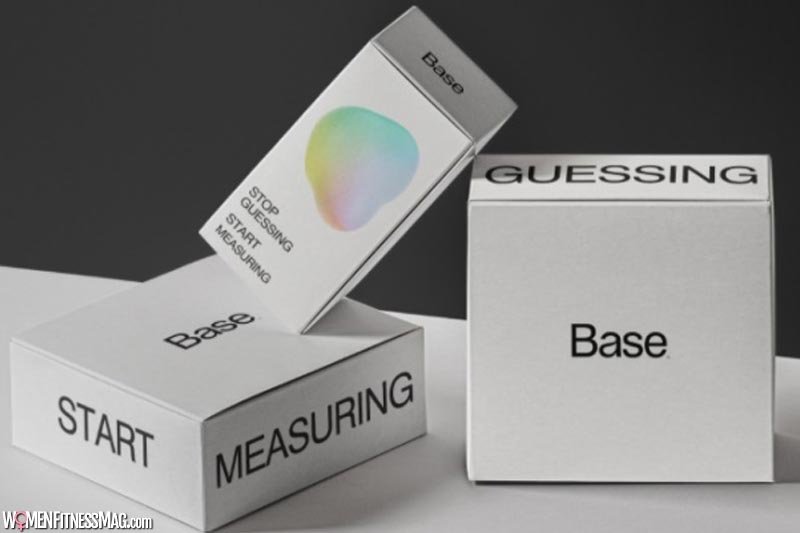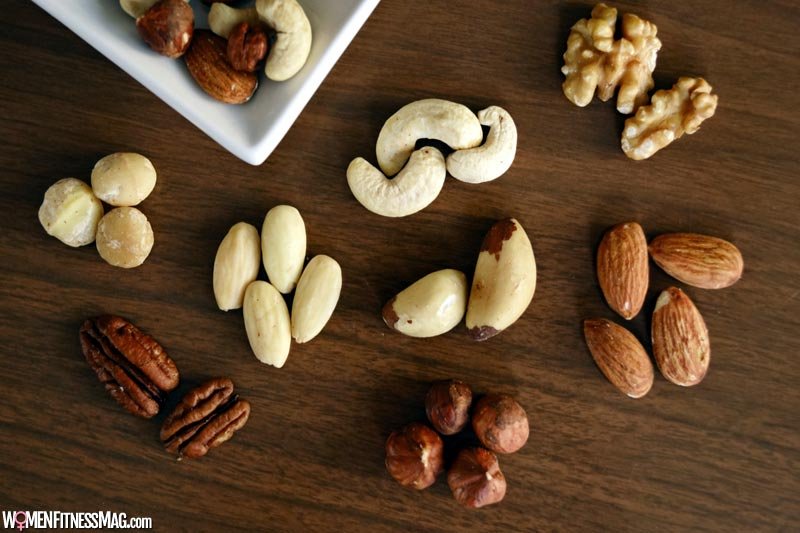5 Important Nutrients For Your Mental Health : We place a lot of importance on eating right for your physical health, but did you know that getting enough nutrients plays a role in maintaining your mental health as well?
Mental health disorders like depression and anxiety stem from neurochemical imbalances that can be incredibly disruptive to your daily life. While there are several factors at play that could lead to depression and anxiety, getting enough nutrients from your diet could be key in maintaining your brain health.
Even if you eat right, it can be hard to detect nutrition deficiencies, which is why it’s so important to get blood tests if you suspect that your nutrition balance is off. You can either get these done at a doctor’s office or use an at-home hormone test like Base.

Here are 5 essential nutrients you may want to track that can help in the fight against depression and mood disorders.
-
Protein
Depression is often found to be linked to a lack of serotonin, a “feel-good” neurochemical responsible for mood regulation. Tryptophan, an essential amino acid you can get from protein sources, is the precursor of serotonin, and a lack of tryptophan may be linked to lowered serotonin levels.
You can find tryptophan in both animal- and plant-based proteins. Some tryptophan-rich foods include:
- Poultry
- Milk
- Nuts
- Seeds
- Milk
- Some fruits
As an added bonus, animal-based protein sources are also often rich in B-vitamins that can also have a positive effect on your mood regulation.
-
Vitamins
A vitamin deficiency can negatively impact many aspects of your health, including brain health, and you may not even be aware that you’re deficient without taking a blood test. Vitamin B and D are two of the most common nutrient deficiencies that could be related to mood disorders.
B vitamins, including B6, B12, and folic acid, are important for your brain health, and studies suggest that deficiencies may be linked to depression. You can get your B vitamins from animal sources like meat, as well as plant-based sources like leafy greens and legumes.
Vitamin D is another essential nutrient that has been associated with mood disorders. Sunshine is the best source for Vitamin D, but deficiencies are relatively common since it’s not found naturally in many foods.
You can, however, get Vitamin D naturally in your diet, from foods including:
- Fatty fish
- Eggs
- Mushrooms
There are also many common foods that are Vitamin D-fortified, including milk, soy milk, orange juice, and breakfast cereals.
-
Minerals
Minerals are often further down on the list in many peoples’ nutrition priorities, but these essential nutrients are just as important as vitamins and macronutrients. These inorganic molecules play a variety of roles in your body, from maintaining brain health to making hormones.
Some mineral deficiencies that have been associated with depression, low energy, and other mood disorders include:
- Iron
- Iodine
- Zinc
- Chromium
The best way to ensure that you’re getting enough minerals is to eat a varied diet that includes fruits, vegetables, lean protein, and complex carbohydrates.
-
Healthy Fats
Your brain is largely made up of fat, especially the omega-3 fatty acid docosahexaenoic acid (DHA), and depression and other mood disorders have often been associated with omega-3 fatty acid deficiencies.
Fatty fish like salmon are the best dietary sources for getting DHA and eicosapentaenoic acid (EPA), another essential omega-3. You can also get another omega-3, ALA, from plant sources like flaxseeds and chia seeds.
-
Probiotics
Surprisingly, bacteria populating your gut also play a huge role in producing neurochemicals associated with mood boosts. This collection of bacteria in your large intestine can help produce serotonin, a “feel-good” hormone that can alleviate symptoms of depression.
The population of your gut microbiome comes from a mixture of genetics and lifestyle factors. Adding probiotics into your diet from yogurt and fermented foods like sauerkraut can introduce more of the healthy bacteria that can help give you a mood boost.
Nutrient deficiencies may not be the only factor that contributes to mood disorders, but they can play a major role in maintaining your normal brain function. In addition to speaking with a healthcare provider, make sure that you are eating a balanced diet to give yourself all the nutrients you need to boost your brain health.
Author
Erica Digap is a freelance writer specializing in nutrition science, fitness, and health. After receiving her BSc in Clinical Nutrition and working in the corporate diet industry, she decided to set forth and use her experience to inspire readers to make lasting, healthy lifestyle changes, one healthy meal and workout at a time. She lives in Northern California and spends her free time hiking, working out, and cooking.
Related Videos about Important Nutrients For Your Mental Health :
Healthy Eating: The Essential Nutrients for Your Mental Health
How does your diet impact mental health?
How the food you eat affects your brain
Harvard Nutritional Psychiatrist Shares the Key Foods for Incredible Mental Health
Why food and nutrition is vital for a healthy mind, anxiety, & mood
5 Important Nutrients For Your Mental Health
role of nutrition in mental health, diet and its effect on mental health, nutrition and mental health ppt, nutritional psychology, diet and mental health pdf, top 10 foods for mental health, nutritional psychiatry, diet and exercise for mental health,




